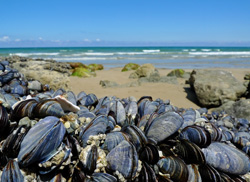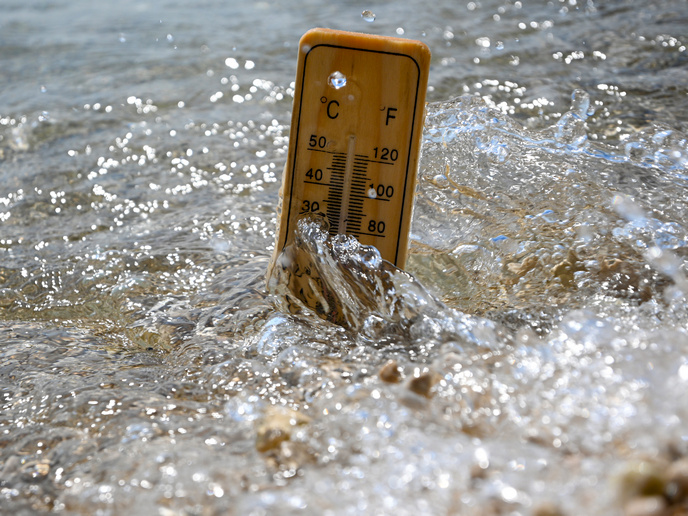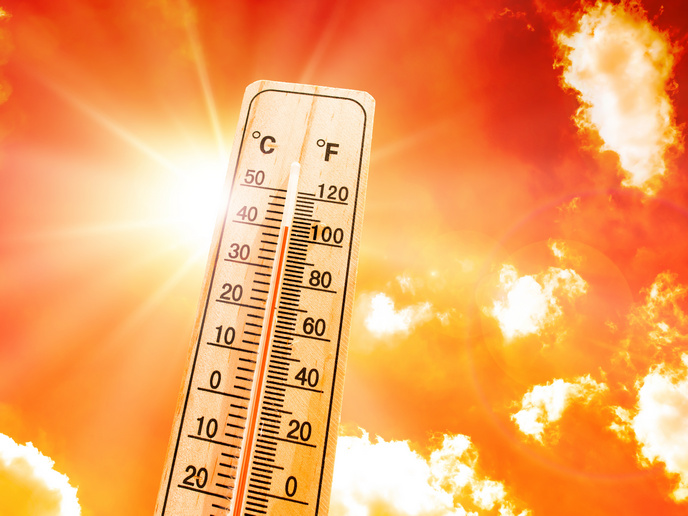Global change and rocky shore species
Europe's marine biodiversity represents a huge but fragile resource that is of major economic and cultural importance to local communities. Coastal areas are particularly vulnerable because they are among the most biodiverse and productive ecosystems in the world. The MAREA project was established to develop a greater understanding of the threat to the Mediterranean Sea's rocky north west coastline. This area contains long-lived, sessile species, which are particularly sensitive to climate change. Project partners analysed the long-term effect on marine ecosystems in order to determine global patterns behind ecosystem collapse. This was achieved by focusing on the reactions of both communities of organisms and individual species to major disturbance, such as climate change. Researchers conducted field surveys to obtain important data regarding temperature and population dynamics. Scientists used a combination of photographic images, statistics, geographical information systems and molecular markers to determine the effect of human activities on the marine environment. The scientific knowledge and data gained through the initiative will help researchers to predict changes resulting from global warming and decision-makers to contribute to improved strategies for biological conservation. Marine ecosystem decline may be better analysed and managed through greater understanding of habitat loss and species loss, thanks to MAREA.







